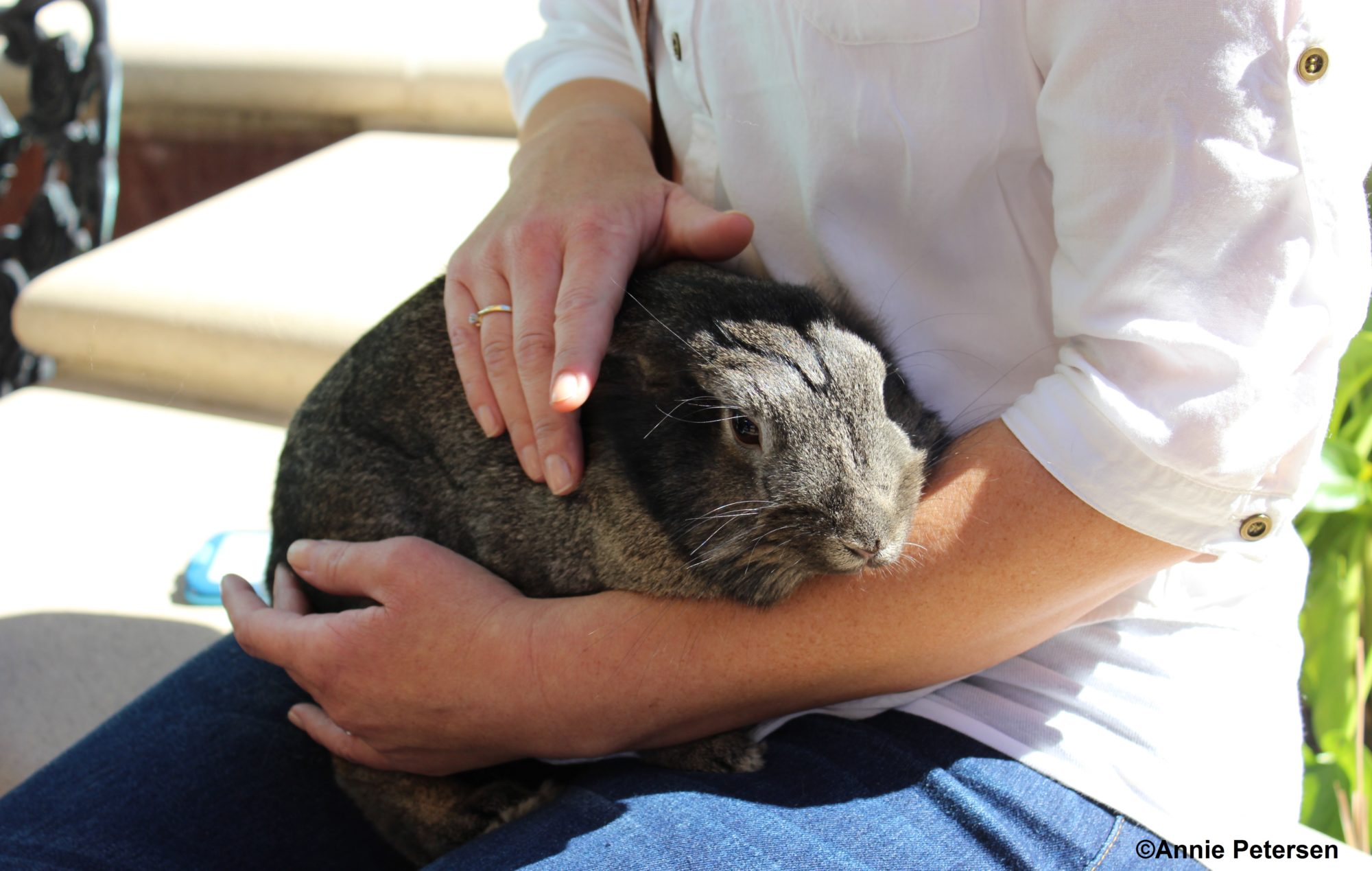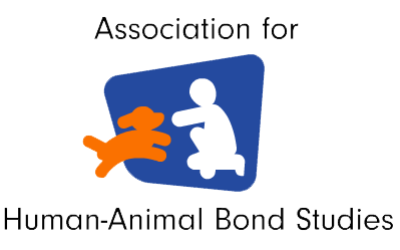Presented by Shelby Elaine McDonald, Samantha Marie Brown, Frank R. Ascione, & James Herbert Williams, University of Denver – ISAZ 2013
Recent research suggests concomitant (naturally accompanying or associated) exposure to animal cruelty in families who have experienced intimate partner violence (IPV) may be an additional risk factor for mental health and behavioral problems in youth. The current study had two aims: 1) to compare the severity and frequency of IPV exposure among youth who report or do not report exposure to animal cruelty in the home and 2) to compare the unique mental health and behavioral correlates of children’s exposure to IPV in the presence or absence of related animal cruelty.
Participants included 52 mothers and their children ages 7 – 12 who were receiving residential or non-residential services from a domestic violence agency and who reported owning a pet currently or within the past year. Independent samples t-tests determined children who reported they had observed a pet being hurt or killed in their home had significantly higher mean rates of directly witnessing multiple forms of IPV than children who had not witnessed animal cruelty. Independent samples t-tests also determined that children of mothers who reported their partner had hurt or killed one of their pets were characterized by significantly higher bean rates of anxiety and depression symptoms, externalizing behavior problems, and PTSD symptoms as measured by t-scores on the Child Behavior Checklist (Achenbach, 2001).
Our analyses suggest children who witness harm to pets in the home are more likely to be directly exposed to multiple facets of family violence, and exposure to concomitant animal abuse may exacerbate the already potentially deleterious effects of childhood exposure to IPV on youth’s mental health and social functioning. The results illustrate how addressing human-animal relationships can inform clinical assessment and intervention when working with families experiencing IPV.


